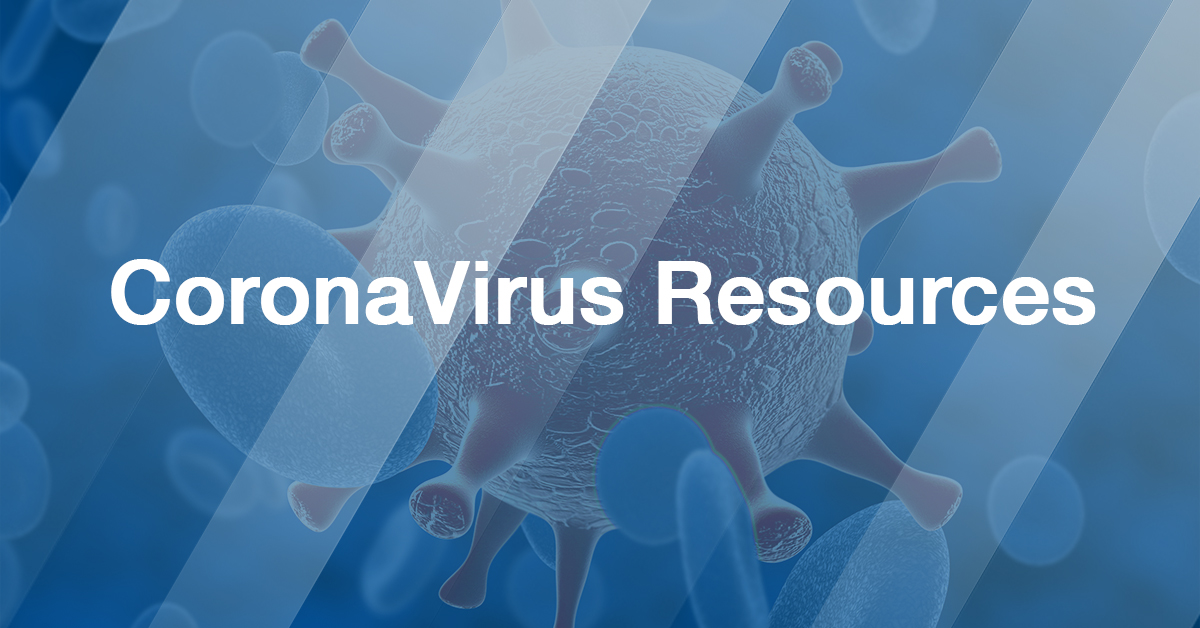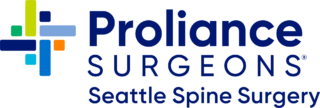Coronavirus Update 4/28/20
We want our patients to be aware that we will proceed with elective surgery starting May 18th.
We are taking universal precautions to make sure our patients and staff are safe. We require all staff and patients wear masks and are limiting outside visitors. All rooms are thoroughly cleaned before and after all procedures. Patients will be screened for Coronavirus when entering the hospital.
Hospital Guidelines
Seattle Neuro and Spine Surgery business hours will be 9am-3pm during the COVID-19 pandemic. We are taking extra precautions and sanitizing all areas between every patient. All staff has been trained and is following CDC-recommended guidelines for individual sanitation. Our building is also following recommended hospital cleaning guidelines. Please continue to follow your appointment schedule or contact our office with any concerns you may have.
Schedule An Appointment With Seattle Neuro
Please use this form to contact our office for an appointment. If you are a current patient, we would appreciate it if you would call the office directly for questions or to schedule follow-up appointments. Or contact us by Phone: 206-623-0922 or Fax: 206-623-1588. Thank you. *We accept most major health insurances.
If My Problem Is Urgent, What Can You Do For Me?
Dr. Jayashree Srinivasan explains the options patients have to treat their urgent problems and the precautions the hospital and staff are taking to ensure they are safe.
Do I Have To Wait On The Pandemic To Be Over Before I Come See You?
Dr. Jeff Garr reassures patients that they can still be seen during this time, whether through Telemedicine or in office.
What Are You Doing To Ensure Your Patients’ Safety When They Visit You During This Outbreak?
Dr. Alexis Falicov discusses the steps they are taking to ensure your safety as well as their own.

Coronavirus Resource Center
The Coronavirus, also known as COVID-19, has escalated from a sickness in a faraway land to a pandemic sweeping across all nations, including our own. We hope you will use this resource to understand the virus and how to better protect yourself and your family. There are a lot of pieces of information on the internet, and the information we recommend most is from the Center for Disease Control, a trusted source that has been on the front lines of this pandemic.
Is it Coronavirus, Novel, COVID-19, Or What?
Regardless of how you refer to it, most people are familiar with these words. Viruses have names, and this virus' name is Coronavirus. When the Coronavirus is viewed under a microscope, we see spikes radiating from the surface. When you were a child, you drew a picture of the sun with lines or spikes coming out of the circle. A "corona" (Latin for "crown") is the spiky glare we see on the sun during an eclipse, and this virus has a "corona" of spikes as well. Scientists began referring to this virus as Corona when they first observed them - in the mid 1960's. That's right - Corona viruses have been around for quite a while! There are multiple types of corona viruses and we group them under a family name of Coronavirus.
The variation within the Coronavirus family that has caused the pandemic is a new type, called SARS-CoV-2. When a virus variation is new, it is referred to as "Novel". When we say "the Novel Coronavirus", we mean the new one that is causing all of our problems. For most people, this is their first awareness of Coronavirus, so referring to it as Novel Coronavirus has no special meaning to them, but healthcare professionals want to ensure we are talking about this particular one.
COVID-19 is simply an abbreviation to refer to the COronaVIrus Disease of 2019. When we say COVID-19, we know we are talking about the new variation that is affecting the world. You might also see it referred to as 2019-nCoV (2019 Novel CoronaVirus).
How Do I Protect Myself From Coronavirus?
The CDC has a great resource for learning how to protect yourself and prevent the spread of disease at https://www.cdc.gov. We encourage you to visit this page and read the details.
The three sections of this resource are "Know How It Spreads", "Take Steps To Protect Yourself", and "Take Steps To Protect Others". Each of these sections give you information about the best ways to protect yourself and others. One of the best ways to protect yourself is very simple - wash your hands!
How Will We Stop Coronavirus?
While healthcare professionals, scientists, and researchers around the world are searching for a treatment, there is one simple way to help stop the spread: stay at home and avoid contact with others. While this sounds simple, it's difficult to do. We are disrupting our lives, our financial situation, our social life, and our mental health. But it's a very effective way to reduce the spread of disease. As we self-quarantine, the virus has fewer opportunities to spread.
You'll see many people on social media complaining about staying in place, and how few cases there are based on the population. There are over 350 million people in the US, and even though we may have a lot of cases of Coronavirus, it's a tiny percentage, so where's the harm? The problem with this idea is that it doesn't take into account the fact that people move and transmit germs every single day. It's often how we get sick. If you take your child to daycare, he or she is exposed to many children, and each of them is exposed to members of their family, and all of the people they come into contact with daily. If you are single and you go to a coffee shop, work, restaurants, etc. you are constantly exposing yourself to others and the many others they have exposed themselves to.
 Imagine a cement mixer large enough to hold over 350 million marbles, churning away. Now imagine yourself as a marble. If you are dropped into this mixer, you'll come into contact with other marbles who contacted other marbles, who contacted other marbles. It's simply unavoidable - unless you stay out of the mixer. As we remove marbles from the mixer and they self-quarantine, fewer contacts are made. Staying out of the mix helps prevent contact, and spreading of the virus if you have it, or contracting it from others. We know you'll think you're losing your marbles by staying at home, but it is the best way you can help stop the spread.
Imagine a cement mixer large enough to hold over 350 million marbles, churning away. Now imagine yourself as a marble. If you are dropped into this mixer, you'll come into contact with other marbles who contacted other marbles, who contacted other marbles. It's simply unavoidable - unless you stay out of the mixer. As we remove marbles from the mixer and they self-quarantine, fewer contacts are made. Staying out of the mix helps prevent contact, and spreading of the virus if you have it, or contracting it from others. We know you'll think you're losing your marbles by staying at home, but it is the best way you can help stop the spread.
Can I Still See My Doctor About My Spine Pain?
The North American Spine Society (NASS) has provided support and guidance to spine surgeons. We follow these guidelines, adjusting for state and local rules. We ensure your safety by following high-level sanitation rules, temperature checks, and distancing procedures to provide maximum protection for our patients. Please contact our office for more details.
Recommendations for continuing treatment and surgery are as follows:
Emergent Category
Clinical Considerations:
- Progressive or severe neurologic deficit due to neurologic compression from any cause (eg, infection, tumor, fracture, disc herniation)
- Spinal instability at risk of causing neurologic injury from any cause (eg, fracture, tumor, infection)
- Epidural abscess requiring surgical decompression
- Postoperative wound infection
RECOMMENDATION:
Do not postpone the procedure/treatment.
Urgent Category
Clinical Considerations:
- Cervical or thoracic myelopathy due to spinal stenosis, with recent progression
- Spinal infection (eg, discitis, osteomyelitis, epidural abscess) that fails to respond to medical management
- Persistent significant neurologic deficit due to neurologic compression with or without deformity (distinguished from "severe neurologic deficit" that is listed under emergent)
- Spinal conditions causing intractable pain that result in ED presentation, severe functional limitations and/or excessive opioid use despite non- procedural attempts at management (eg, painful disc herniation, painful fracture, progressive fracture related deformity).
RECOMMENDATION:
Proceed with procedure/treatment if the local situation and resources allow (see above)
Elective Category
Clinical Considerations:
- Spinal conditions where pain and dysfunction can be reasonably managed without procedural intervention during the crisis (eg, chronic conditions, degenerative spinal disorders such as degenerative disc disease, some disc herniations, spinal stenosis or spondylolisthesis without significant neurologic deficit)
- Scoliosis and/or kyphosis correction
- Symptomatic hardware or pseudoarthosis
RECOMMENDATION:
Consider postponing the procedure/treatment.
All information provided on this website is for information purposes only. Please see a healthcare professional for medical advice. If you are seeking this information in an emergency situation, please call 911 and seek emergency help.
All materials copyright © 2025 VoxMD.com, All Rights Reserved.
